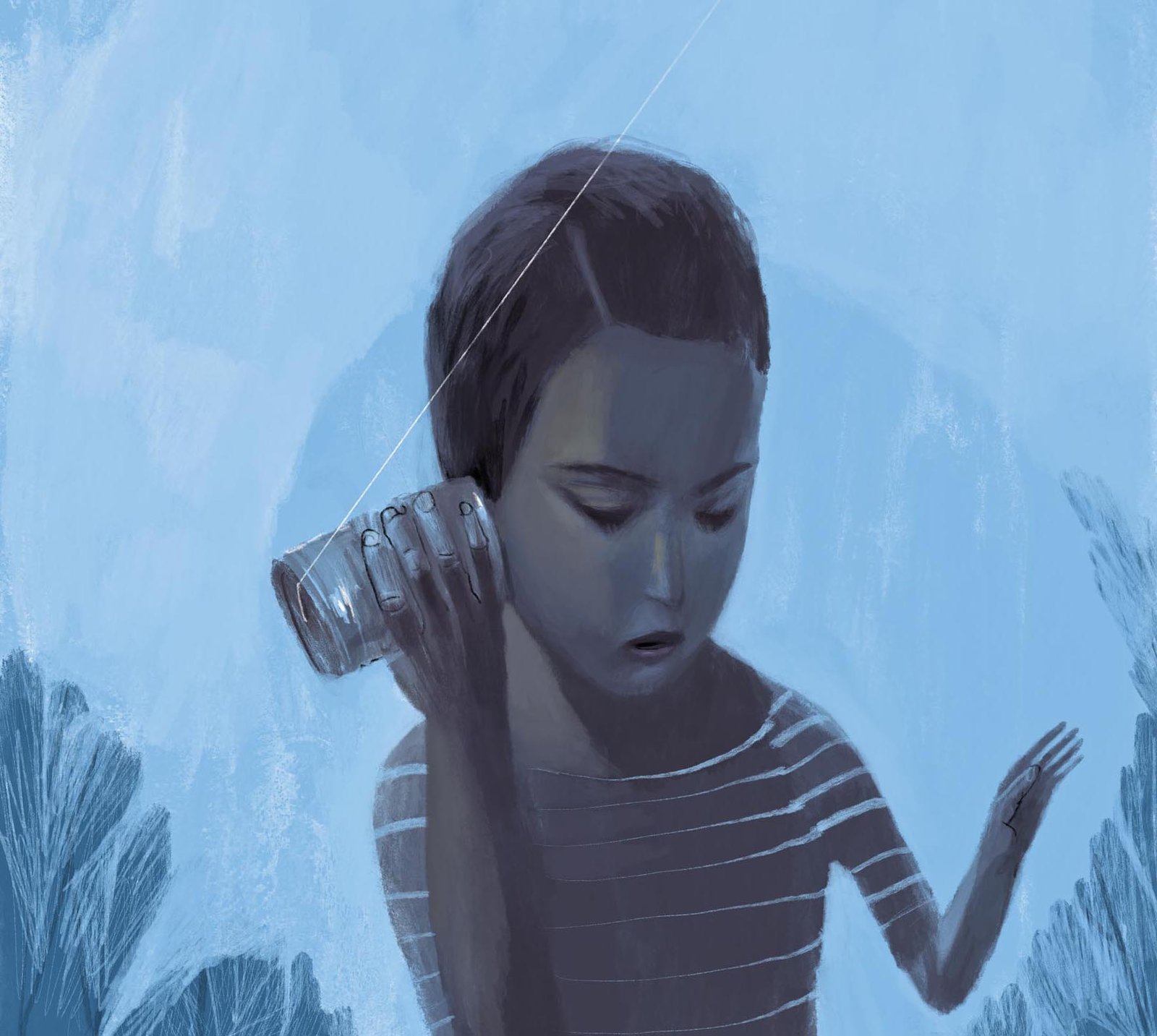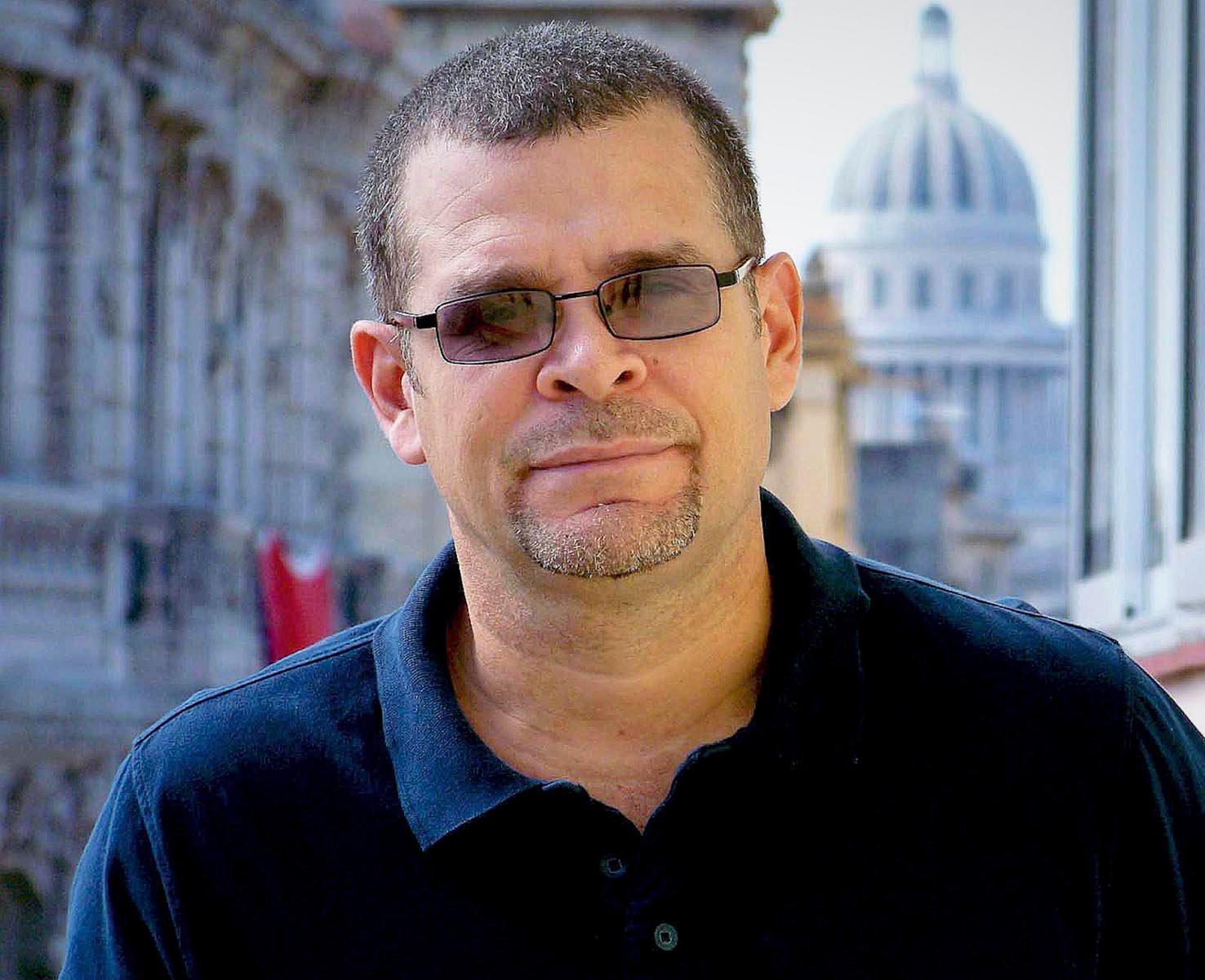
Ernesto Daranas: A Born Storyteller
By: Winnie T. Sittón
Photos: Cortesía RTV Comercial.
Ernesto Daranas Serrano, a film, radio and television director and screenwriter, was born in Havana in 1961. From a very young age he felt the need to tell stories and he embarked on a career as a storyteller when he was quite young. “One way or another, we are all storytellers and consumers of stories. In my case, I have read and watched a lot of film ever since I was little; but, above all, there was my father, who was a famous author of radio programs during the years when that medium made a big impact. In fact, my beginnings as a storyteller took place on the radio,” he says.
He addresses all types of television and film genres in his filmography, which demonstrates his desire to explore the narrative form in a broad way. He says that he enjoys making a fictional film as much as a documentary, since each film language has its own charm. “Generally, fiction is more demanding in terms of production, but a documentary can be extremely complex artistically, and this is the most important challenge in any work no matter what genre it is.”
Feeling love for both narrative styles, it is interesting to see how he chooses to approach his stories, since for him almost all topics are “fictionable.” However, he believes that “there are characters and events that deserve to be shown in a more intimate and direct way. At least in my case, this is how I decide between one language or another.”
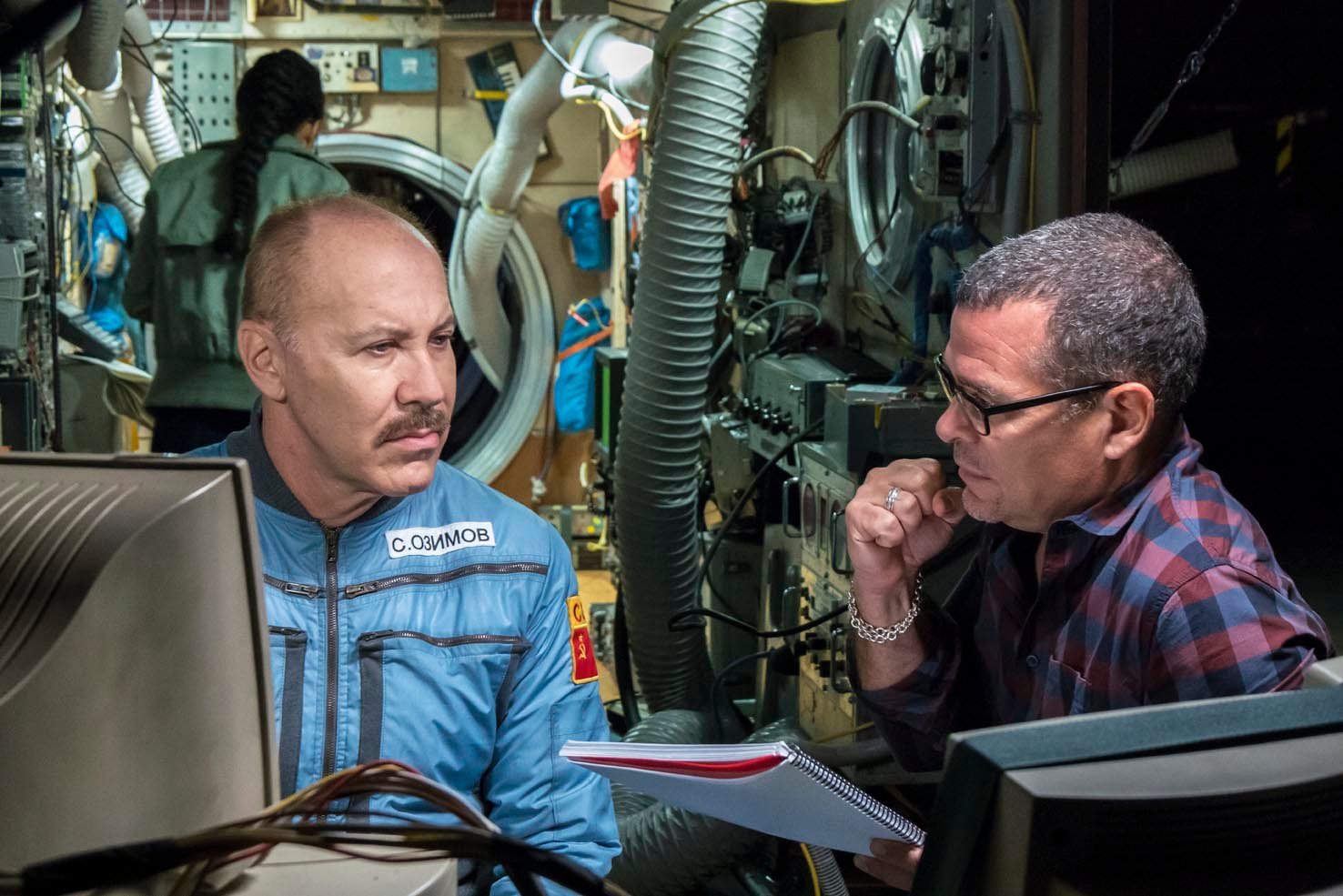
Sergio & Sergei (Spanish: Sergio y Sergueí), a 2017 fictional film based on real events, is available on the IFF Panama Channel and it is his most ambitious project yet. The film takes place at the beginning of the so-called Special Period: an economic crisis that hit Cuba after the fall of the Soviet Union. Daranas uses humor and a measure of absurdity to portray the vicissitudes that faced Cubans in that historical moment. Though it may seem unbelievable, the plot takes place between Havana and outer space, which is somewhat unusual for films made in Latin America. “I didn’t want to make a film ‘about space.’ I was much more interested in the human aspect, but we had to resolve technological difficulties based on the talent of the team. It was a challenge, because we didn’t have a large budget or the technology that big studios have for this type of work.”
He Earned a 100 for Conducta
He has an extensive filmography, but a few of his most famous films include Los últimos gaiteros de La Habana (2004), which won the King of Spain International Journalism Award; Los dioses rotos (2008), selected to represent Cuba at the Oscars and a winner at several international festivals; and Bluechacha (2012), a piece nominated for a Latin Grammy Award for Best Long Form Music Video.
Having said that, the film that catapulted Ernesto Daranas’s career outside of Cuba was Conducta (2014). The film revolves around the strong bond between Chala, a preteen who has grown up in an environment of violence, and Carmela, his sixth grade teacher, who confronts the educational system to prevent the boy from being transferred to a correctional center.
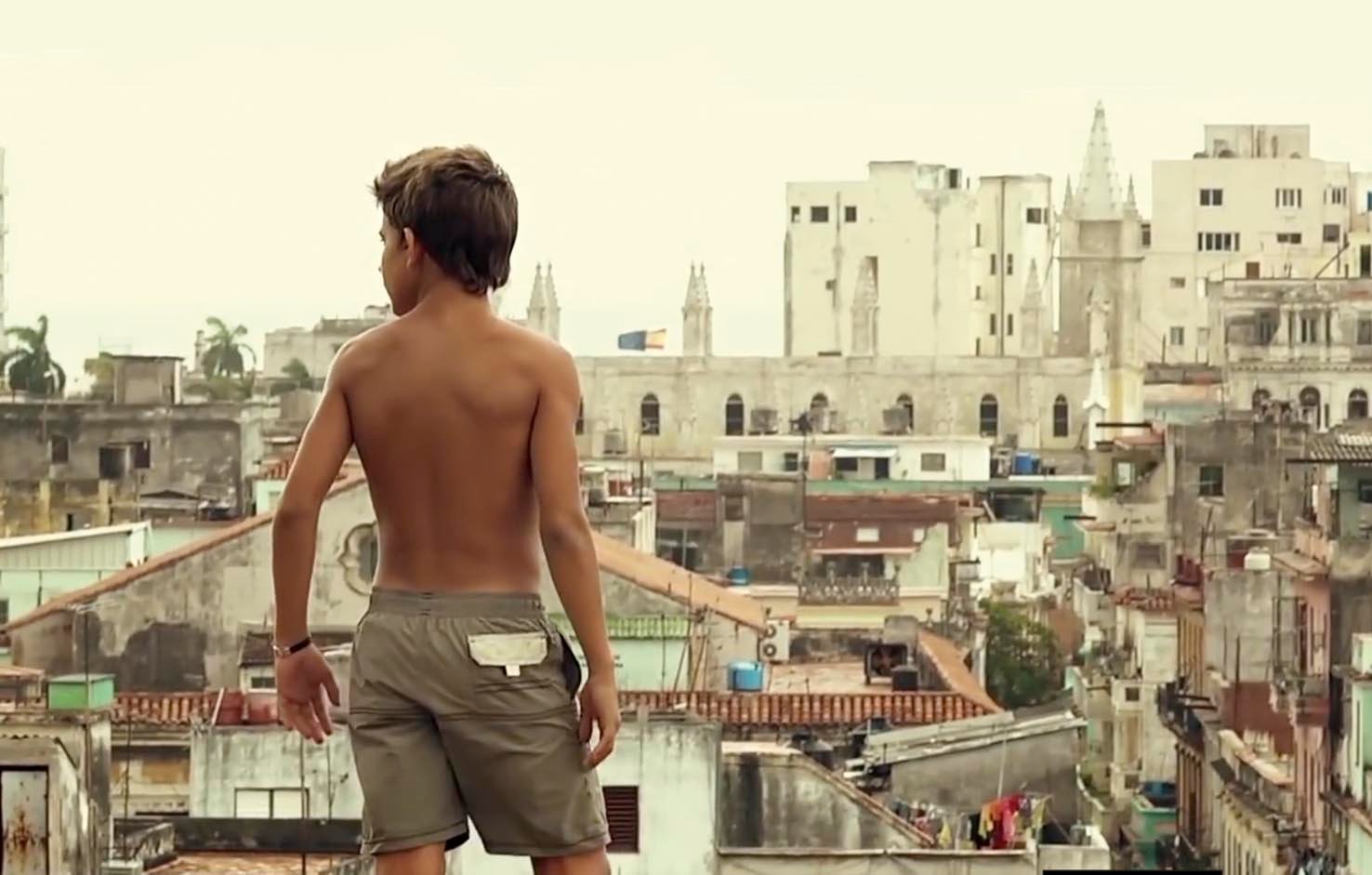
This emotional drama had great international resonance, winning over critics and garnering more than 50 prizes at festivals throughout the Americas, Asia, and Europe. It is undoubtedly one of most important Cuban productions in the last decade.
Daranas creator describes it as a “basically autobiographical” story that was nourished by the contributions of the children who were part of the cast. “It was a very intense life experience for everyone and I think this comes across in the film. The awards and everything that came later were a surprise, because we were convinced that it was a Cuban story, very much about us. It was very beautiful to see how sometimes what is most native and authentic can also turn into what is most universal.”
For Ernesto, the child actors’ authenticity factors heavily into the film’s great reception, especially in combination with a spectacular performance by the late actress Alina Rodríguez in the character of Carmela, the teacher.
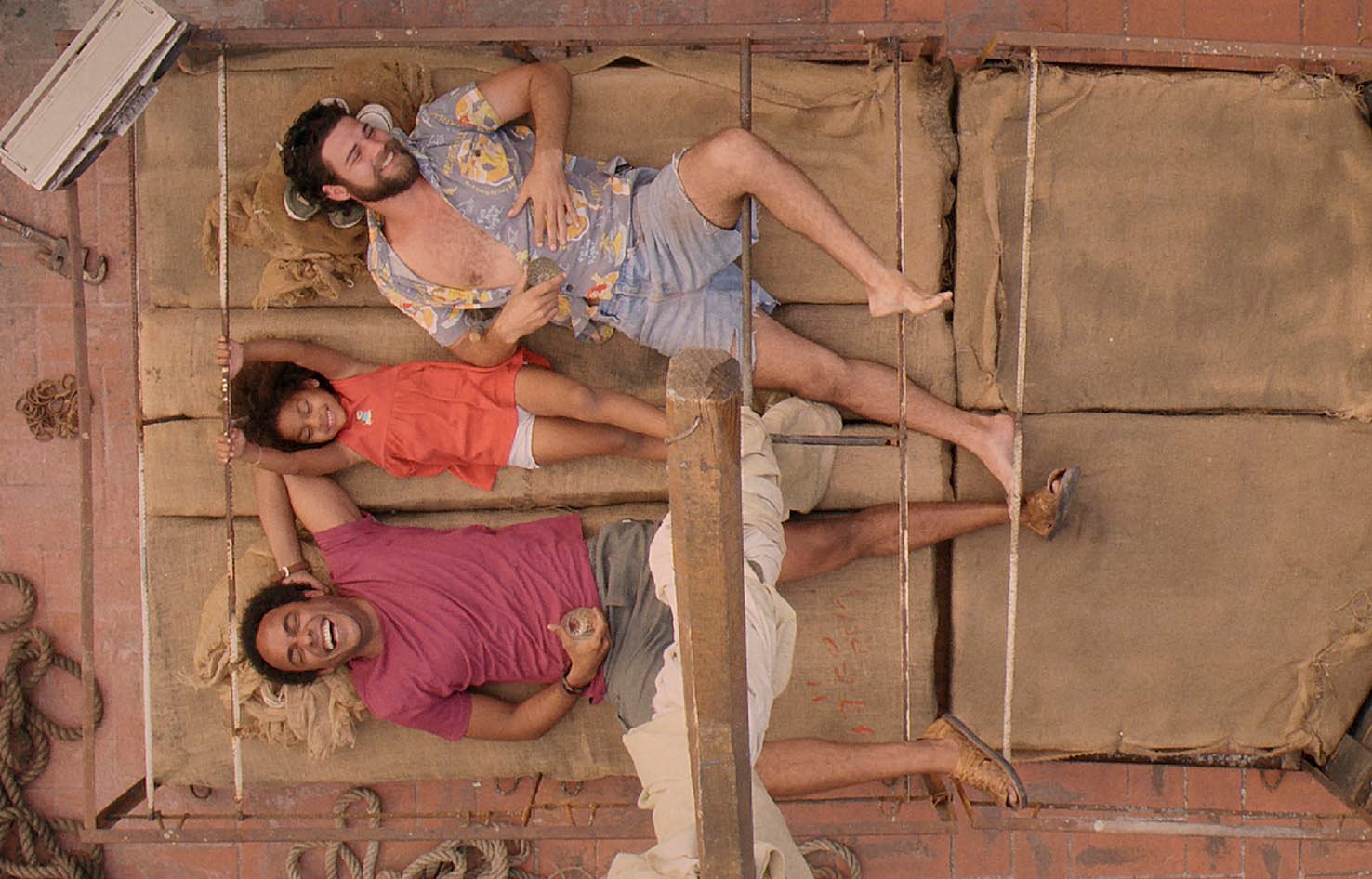
“When the characters are able to reach people, half the battle is won. The other part is the universality of the topic of education.”
“We have screened the film throughout half the world and it is surprising to see how everywhere the same problems are taking place with the nuances of each country.”
Regardless of whether he opts for a documentary, dramatic fiction, or a comedy that takes place in space, Ernesto Daranas uses his films as a vehicle to reflect on the Cuban reality; he is confident that this art form can be a tool for generating change. “Cuba is a wonderful country immersed in a crisis that has already lasted several decades. Many things in its reality must change and I feel committed to that.”

